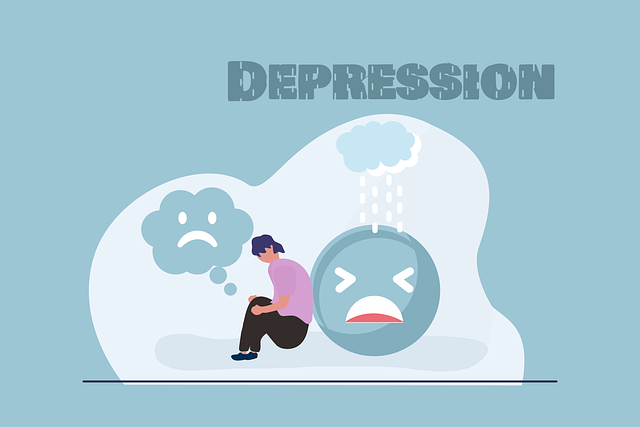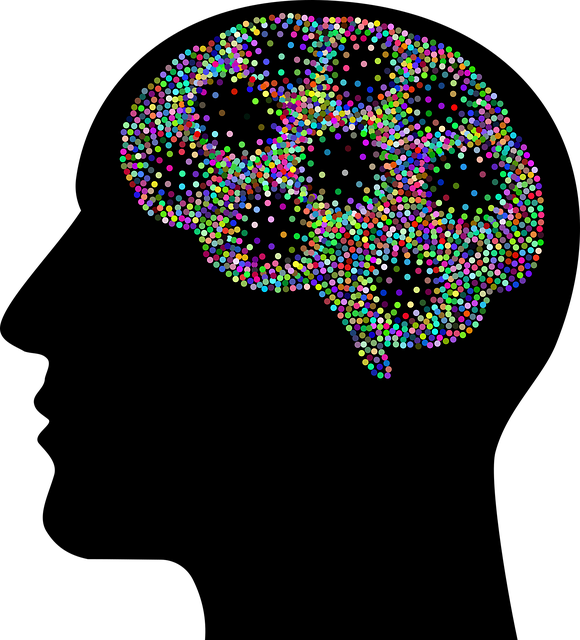Parker Blended Families Therapy offers specialized support for trauma within blended families, addressing unique individual and family experiences. Their evidence-based approach combines techniques like self-esteem building, mindfulness meditation, and improved communication to create a safe space for emotional processing. By focusing on cultural sensitivity, holistic practices, and personalized services, they strengthen resilience and family bonds. This comprehensive strategy, including public education and social skills training, aims to prevent burnout and promote healing in communities affected by trauma, making Parker Blended Families Therapy a key resource for blended families navigating complex emotions.
Trauma can profoundly affect individuals and families, leaving lasting impacts on mental health and well-being. In response, support services play a vital role in healing and rebuilding. This article explores various aspects of trauma care, focusing on the unique approach of Parker Blended Families Therapy. We delve into understanding trauma’s effects on families, the customization of support services, effective strategies, and the community-building power of therapy. By examining these key areas, we highlight how tailored interventions can foster resilience and recovery.
- Understanding Trauma and Its Impact on Families
- The Role of Parker Blended Families Therapy
- Identifying Needs and Customizing Support Services
- Effective Strategies for Trauma Support
- Building Resilient Communities through Therapy
Understanding Trauma and Its Impact on Families

Trauma, a profound and lasting impact on an individual’s emotional well-being, often has far-reaching effects within families. This is particularly true in blended families where individuals may have varying experiences and histories. Understanding trauma’s complex nature is essential for providing effective support, especially when addressing the unique dynamics of these family structures. Parker Blended Families Therapy recognizes that each family member may carry their own scars, whether from past traumas or the stress of blending households.
By implementing strategies such as self-esteem improvement, mindfulness meditation, and communication strategies, therapists can help families navigate and heal. These techniques enable members to process and express emotions safely, fostering an environment of understanding and support. Recognizing the interdependence of family dynamics, therapists at Parker Blended Families Therapy work collaboratively with each individual to strengthen their sense of self while promoting healthy interactions among family members.
The Role of Parker Blended Families Therapy

Parker Blended Families Therapy offers a unique approach to supporting individuals and families who have experienced trauma. This therapeutic model recognizes that trauma can significantly impact relationships, especially within blended or step-families, where multiple generations and diverse backgrounds intersect. By focusing on blending healing practices with traditional family therapy, this service aims to create a safe and supportive environment.
The process involves various evidence-based techniques tailored to each family’s needs. It facilitates self-esteem improvement by encouraging open communication and empathy building strategies among members. Through specialized activities and discussions, families learn to navigate and manage complex emotions, ultimately reducing stress reduction methods and fostering healthier interactions. This holistic approach ensures that every individual involved receives the necessary tools to process trauma and build stronger, more resilient family bonds.
Identifying Needs and Customizing Support Services

Trauma support services must be tailored to meet the unique needs of each individual and community, especially when addressing issues within blended families. Parker Blended Families Therapy emphasizes the importance of a holistic approach, recognizing that every family is distinct with its own set of challenges and strengths. Therapists at this practice employ cultural sensitivity in mental healthcare practice, understanding that traditional therapeutic methods may not resonate with all backgrounds. By incorporating elements of positive thinking and promoting mental wellness, they create a safe space for blended families to process trauma and build resilience.
This personalized approach involves assessing the specific dynamics within each family structure, including step-parents, biological parents, and children from diverse cultural or socioeconomic backgrounds. Customized support services may include individual counseling, family therapy sessions, or group support programs that cater to shared experiences. By adapting their interventions, mental health professionals can ensure effective care that respects cultural differences and fosters a sense of belonging, ultimately enhancing the healing process for blended families navigating trauma.
Effective Strategies for Trauma Support

Effective strategies for trauma support involve a multi-faceted approach that caters to the unique needs of individuals and communities affected by traumatic events. One prominent method, championed by Parker Blended Families Therapy, emphasizes the importance of creating safe and supportive environments. This includes structured programs that facilitate emotional expression and build resilience through techniques like cognitive behavioral therapy (CBT) and eye movement desensitization and reprocessing (EMDR). Tailoring interventions to address specific trauma types—be it single incident or complex, chronic trauma—is crucial for optimal healing.
Complementing these individual-level strategies, initiatives focused on public awareness campaigns development can significantly enhance support systems. Educating the public about trauma, its signs, and available resources fosters an environment where those in need feel understood and encouraged to seek help. Additionally, integrating social skills training into recovery programs empowers individuals to navigate relationships and social situations more effectively, reducing potential triggers and promoting a sense of belonging. Together, these strategies work synergistically towards burnout prevention, ensuring that trauma survivors receive the comprehensive care they deserve.
Building Resilient Communities through Therapy

Building resilient communities starts with supporting individuals to overcome trauma and develop coping mechanisms. Parker Blended Families Therapy plays a crucial role in this process by providing specialized services tailored for complex family dynamics. Through individual and group therapy sessions, community members learn effective stress management techniques, such as mindfulness practices and emotional intelligence strategies, empowering them to navigate challenging situations.
By fostering an environment where everyone feels heard and understood, Parker Blended Families Therapy helps in breaking down barriers and promoting healing. This collective approach not only benefits the individuals but also strengthens the fabric of the community, enhancing its ability to withstand and recover from traumatic events. Ultimately, this collaborative effort paves the way for burnout prevention and fosters a more resilient, supportive network.
Trauma support services are crucial in helping families heal and build resilience. By understanding the profound impact of trauma, we can better utilize approaches like Parker Blended Families Therapy to identify and cater to diverse needs. Customizing support through effective strategies ensures that communities become stronger and more adaptable. This holistic approach, combined with community engagement, fosters a culture where everyone has the chance to recover from trauma and thrive.














